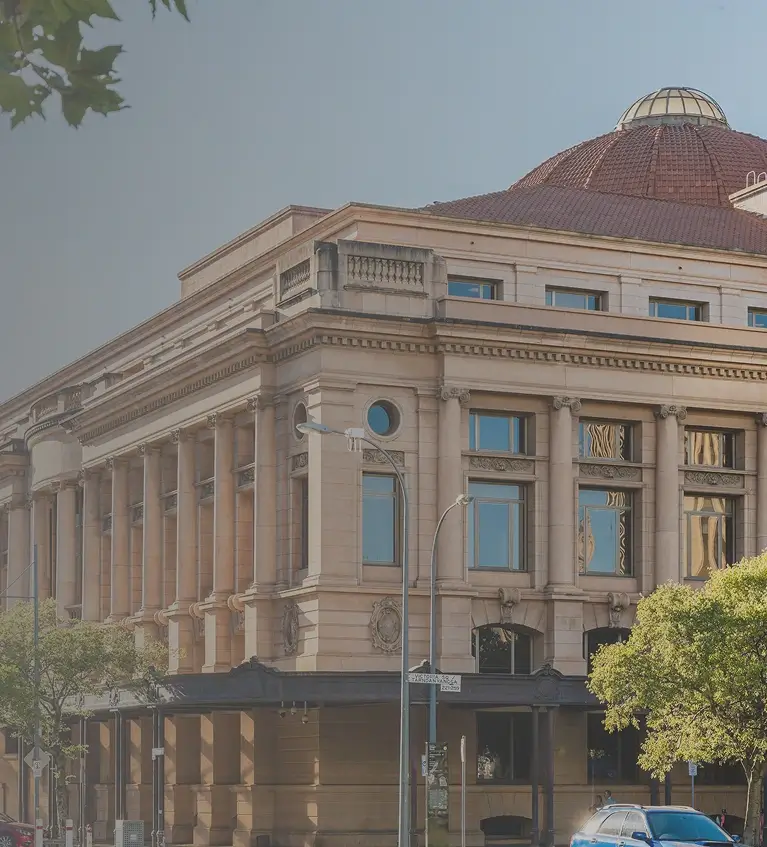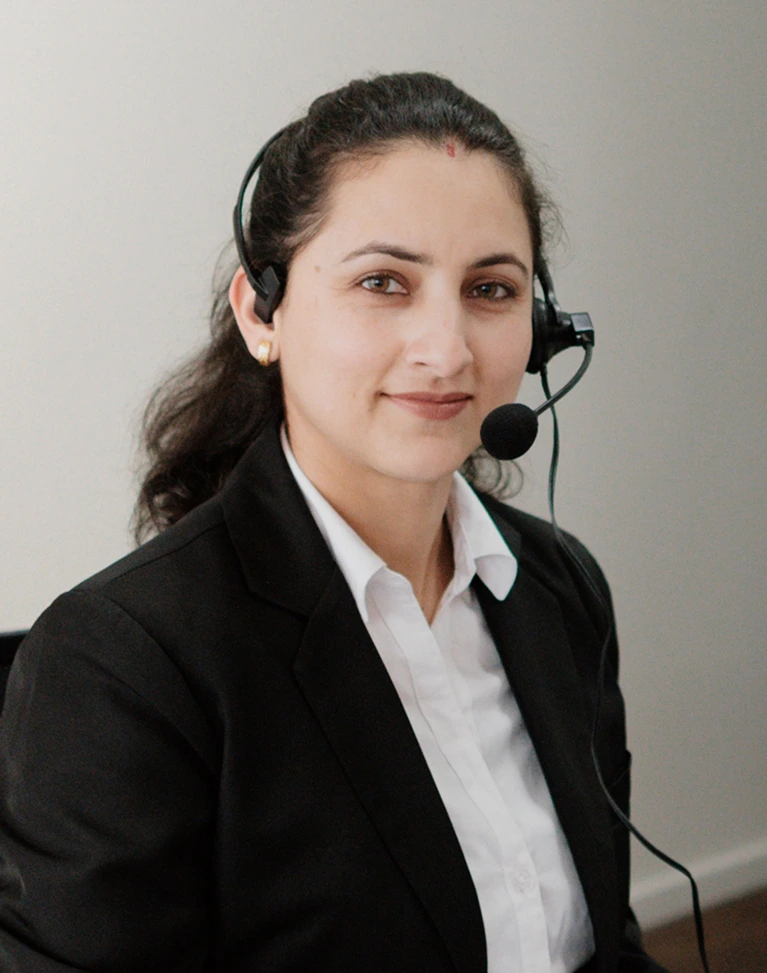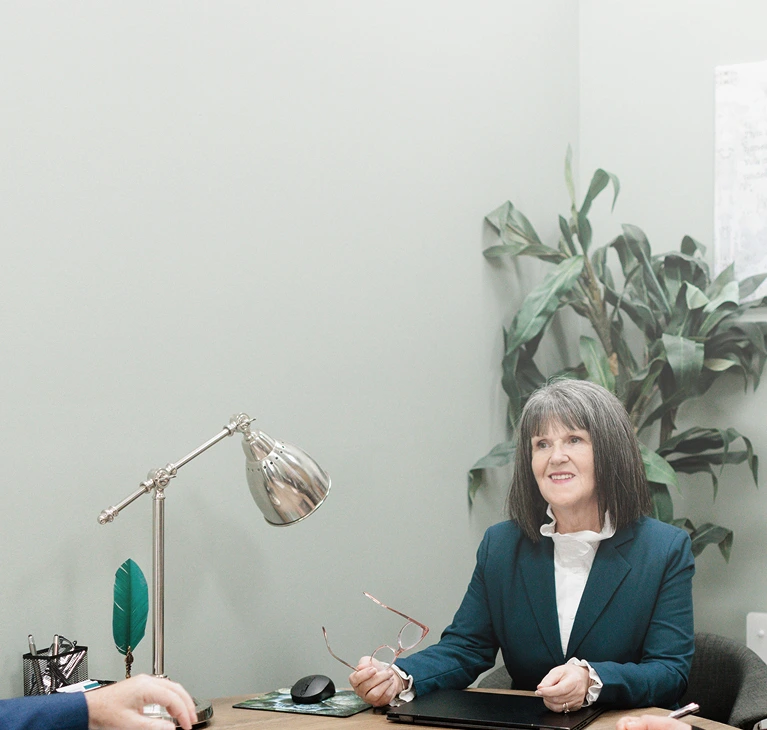

Invest in Professionals Not Branding.
Local Lawyers, Skilled Advocacy, Tailored Legal Counsel
Legal Representation, Tailored to You
At Devine Murdoch Lawyers, we believe that working with a lawyer should feel personal — not transactional. We’re a boutique firm based in Murray Bridge, proudly serving clients across South Australia with real-world advice, not cookie-cutter solutions.
Our firm was built on the belief that everyone deserves access to experienced legal counsel — whether you’re working through a family dispute, facing criminal charges, or planning for the future. With 10+ years of combined legal experience, we don’t hide behind branding — we lead with care, clarity, and commitment.
Legal Services We Offer
Our practice is focused on everyday legal matters — the kind that impact real lives. Whether you’re seeking help with parenting arrangements, need defence in a criminal matter, or want to put an estate plan in place, we’re here to help.

Not Just Your Lawyers – Your Advocates
We’re not a big city firm with revolving staff and unreachable partners. We’re a close-knit, community-based legal team that values integrity, transparency, and follow-through.


Questions and Answers

Born from the Community We Serve
Our lawyers don’t commute out from the city – they live local to Murray Bridge. We know the local courts, the people, and the practical challenges our clients face.
When you work with us, you’re getting legal support from people who genuinely care about this community and the outcomes you walk away with.

